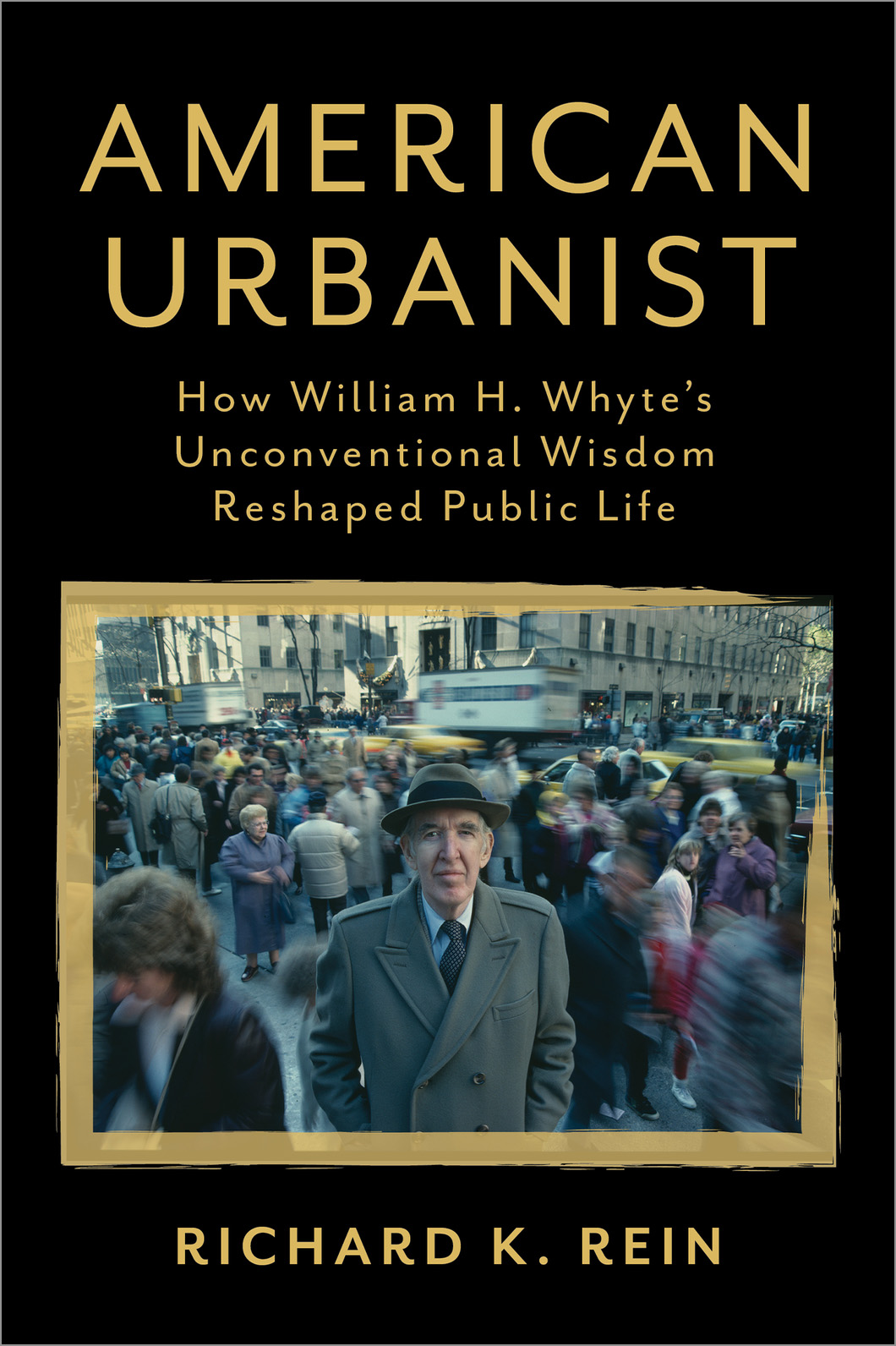
(Island Press, 2022)
Richard K. Rein
After a reporting career that included stops at Time Magazine and People, Richard K. Rein launched a nationally acclaimed weekly newspaper, U.S. 1, that played a role as a “place-maker” in the fast growing Princeton-Route 1 corridor in central New Jersey. Rein now serves on Princeton Future, a nonprofit that encourages sustainable urbanism in his hometown, and edits a hyperlocal digital news site, TAPinto Princeton Community News.
The video begins with a brief introduction by Museum Director Carol Willis and a video clip from Willian H. Whyte's film The Social Life of Small Urban Spaces. Author Richard Rein's illustrated talk follows, then a dialogue with Willis and the remainder of her opening remarks.